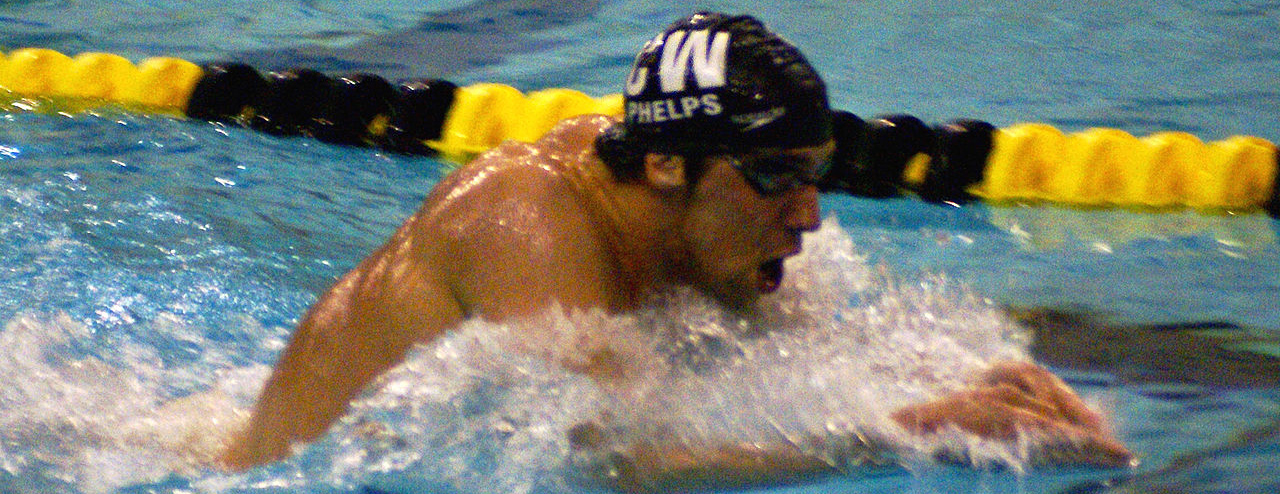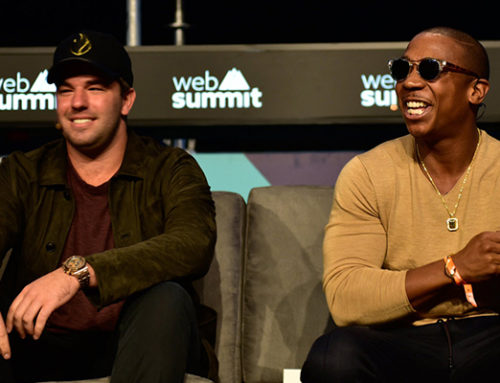So I’m officially becoming boring. I embrace JOMO (The Joy Of Missing Out) as opposed to FOMO (The Fear Of Missing Out).
Perhaps it is an age thing: as I’ve gotten older and, supposedly, wiser I’ve become more accustomed to the routine. More importantly, I started enjoying the monotony of routine. Going to bed at the same time, waking up and doing the same thing 90 per cent of the time. A pint of water, hot drink, small breakfast and some form of exercise, time with my kids, followed by getting into my working day and focusing on not bouncing from task to task, but concentrating on a few essential tasks a day.
This way of life seems to be paying off. I’m not just talking about generating more business. Instead, I do more of what I would consider “deeper, value-add work” as opposed to “fighting fires”. And it’s not just in my business. I actually feel fitter, healthier and I am learning a lot more.
We are led to believe that most successful people are massive risk takers. You know the story, the ballsy entrepreneur who put everything on the line and it paid off. He then lived happily ever after! The truth is, these are the stories that you hear about because they are the stories that sell. Social media also has a big part to play in making us believe that this is the norm.

Photo by Jenny Hill on Unsplash
We are becoming conditioned by the daily images of models with six-packs, or influencers flying on private jets “living their best lives” as if they somehow miraculously got to that stage in a flash. What these stories do, in turn, and unfortunately, is making a lot of people think that one magic moment will propel them to fame and fortune.
The fact is that 99.99% of the most successful people you hear about or meet, didn’t have that one moment of luck that set them on a path to stardom or eternal wealth. Most actual success stories are quite dull. They involve hours, days, months of toil and doing the same thing. Waking up at the same time, eating the same food, staring at the same screen, singing the same song and going to bed at the same time. Malcolm Gladwell in his book “Outliers” talked about the 10,000-hour rule. The principle being that 10,000 hours of deliberate, focused practice are needed to become world-class in any field. That’s way more than a couple of Insta posts!
I recently listened to an interview with NBA all-time great Lebron James on the Tim Ferris Podcast. He put both his success but more importantly, the longevity of his success down to the consistency of his routine. Speaking about his training and recovery, he says, “I’ve just been very consistent with the process. I’ve been very consistent with training my body, rehabbing my body, eating, having my body be very clean throughout this journey because I’ve always wanted to have a long career, or as long as I could be in this space.”
Small losses lead to big wins when you have a routine
By the same token, to enhance the development, we must also experiment with new things that may lead to an improvement on what we currently do. So how does that fit into a routine?
Well, you need to make small changes and assess the results before taking what looks like a huge gamble. Author Jim Collins talks about the scenario of firing “bullets before cannonballs” He talks about “foolish leaders” looking for big gains and dramatic fast success, whereas wise leaders take small steps before giant leaps. Collins says, “Shoot bullets first because bullets are miniature cannonballs. They’re inexpensive, easy to make, and easy to shoot. Outcomes are obvious.
Test your assumptions by “shooting bullets.” The most successful people test their hypotheses in a low cost/low-risk way and see what works and what doesn’t work. Then once they have evaluated and adapted their position, they load the cannon and take their calibrated shot with the cannonball, but only after hours of rigorous testing.
How to practise being boring
You also need to practice your routine. Sounds a bit strange, as by partaking in a routine you are by default already practicing it. But if your routine is, as I’ve suggested, helping you to achieve more; you also need a condensed or miniature routine that will help you to step it up when you enter the competition arena, whether at work, on stage or on the field of play.
Josh Waitzin was not only a chess world champion but also went on to become a world champion in Tai Chi Push hands. Now becoming a world champion in two completely different fields is unheard of. He went on to write about his techniques in a book he wrote called “The Art of Learning.” He goes into depth about how he repeatedly practised the routine of getting into a zone that he could switch on an off from in a matter of seconds. Moreover, he exercised being able to switch between battle and relaxation states seamlessly. Now if you think about a time where you have been at the heightened adrenaline, moving into a total state of relaxation takes some real doing.
So what might a routine of getting into the win zone look like? It’s anything that triggers your mind and body into a heightened state of performance that will make you believe you are going to win. For example, the most decorated Olympian of all time, swimmer Michael Phelps had a routine of slapping his own back three times when he stepped onto the blocks before a race. He conditioned himself to associate it with racing (and winning).

Michael Phelps in the 400 IM. Photo by Karen Blaha on Flickr
Many performers listen to a song that they associate with getting into a relaxed or winning state.
You could mimic this by listening to a particular song and creating winning scenarios in your head, and practicing this focus with that song playing could become your go-to song for enhanced performance and then another song to trigger a feeling of relaxation.
To sum it all up, my advice, whether you are starting out in business be it in events or something else, is:
1. Focus on a niche, and be consistent. Then, when you have mastered the consistency, don’t be afraid to try things out.
2. Take the small losses on the chin, see what works and then calibrate the cannon balls for the big moments where you can take the more substantial risks.
3. Learn how to get into your peak zone, and refine the routine, so when it comes to game day, the big event, the presentation you will be ready to smash sh** up!
Back to the title, why is routine now so cool? Because it’s proven to be correlated with success and more importantly, the routine is linked with the feeling of fulfilment. As Tony Robbins says, “Success without fulfilment is the ultimate failure.”
What I would consider the modern day elite are not just chasing success in terms of money. They are creating history by pushing the boundaries of possibility and in many ways making the world a better and more exciting place. Now to me, that is much cooler than owning a private jet!
If you want more tips on getting into the events business, then stay tuned to my Insta: @events_gurmej




Leave A Comment